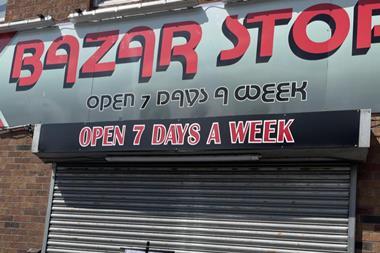Half of independent retailers not aware of HFSS legislation
By Sadie Andrew2022-01-20T09:44:00

54% of independent retailers state they have not heard of the upcoming HFSS legislation, according to the Lumina Intelligence UK wholesale market report 2021/22.
ALREADY HAVE A REGISTERED USER ACCOUNT? PLEASE LOG IN HERE
To read the full story join the ConvenienceStore.co.uk community today!
Registration is quick and easy and provides access to:
- Unlimited ConvenienceStore.co.uk articles
- Our great range of newsletters
- Content you’ve saved for later via the ‘my library’ feature
And much more…
Related articles
More from News
Unlimited Access + Newsletters
Register today to gain unlimited access to articles and to receive our great range of email newsletters.































